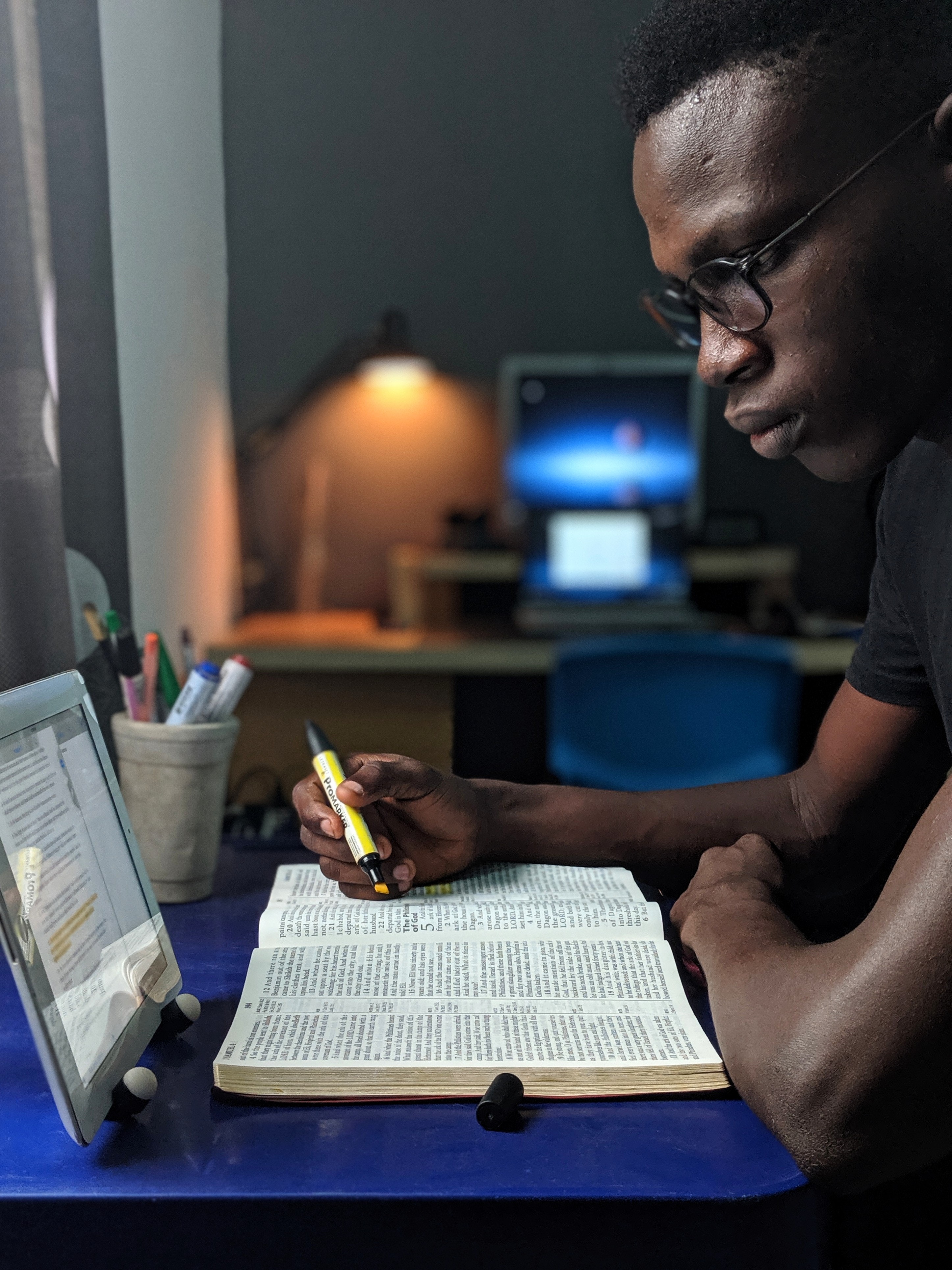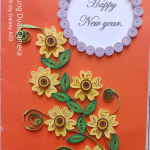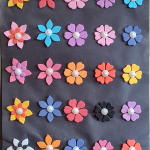I’m Chinese but I’m in Malaysia, how do I study two language (Malay and English) well? I don’t want to fail anymore.
Studying two languages at the same time can be challenging, but it is definitely possible to become proficient in both Malay and English with practice and dedication. Here are some tips that may help you improve your language skills:
-
Set realistic goals: Start by setting achievable goals for yourself, such as learning a certain number of new words or phrases each day, or practicing speaking for a set amount of time. Make sure the goals are specific and measurable, so you can track your progress.
-
Make a study schedule: Create a schedule that includes dedicated time for practicing Malay and English each day. This could include reading, writing, listening to podcasts, watching videos, or speaking with native speakers. Consistent practice is key to improving your language skills.
-
Immerse yourself in the language: Try to surround yourself with the language as much as possible. This could include watching TV shows, movies, or news broadcasts in Malay and English, listening to music, or reading books or articles in both languages.
-
Practice with native speakers: Find language exchange partners or attend language classes to practice speaking with native speakers. This will help you improve your pronunciation, vocabulary, and grammar.
-
Use language-learning apps: There are many language-learning apps available, such as Duolingo, Babbel, and Rosetta Stone, that can help you practice Malay and English in a fun and interactive way.
-
Learn from your mistakes: Don't be afraid to make mistakes. Learning a language is a process, and making mistakes is a natural part of the learning process. Learn from your mistakes and use them as opportunities to improve.
-
Seek feedback: Ask native speakers or language teachers for feedback on your speaking and writing skills. This will help you identify areas for improvement and work on them more effectively.
-
-
Focus on the basics: Start by mastering the basics of Malay and English, such as common phrases, basic vocabulary, and sentence structures. This will give you a solid foundation to build upon.
-
Use flashcards: Create flashcards with new words and phrases to help you memorize them. You can also use apps like Quizlet to create digital flashcards that you can study on your phone or computer.
-
Practice pronunciation: Pay attention to your pronunciation and try to imitate native speakers as closely as possible. Record yourself speaking and listen to the recordings to identify areas where you need improvement.
-
Use context clues: When reading or listening to Malay or English, use context clues to help you understand unfamiliar words or phrases. This can help you build your vocabulary more quickly.
-
Stay motivated: Learning a new language can be challenging, but it's important to stay motivated. Set small, achievable goals and reward yourself when you reach them. Find ways to make learning fun and enjoyable, such as by watching movies or listening to music in the language you're studying.
-
There is a popular YouTube channel called "E and E" which stands for "English and Electronics." The channel is run by a Sri Lankan teacher named Tharanga, and it focuses on teaching English grammar and vocabulary to learners of all levels.
On the E and E channel, Tharanga provides easy-to-understand explanations of grammar points and vocabulary, and she uses real-life examples and scenarios to help learners understand how to use the language in context. The videos are structured like lessons, with each video covering a specific grammar point or topic.
The channel includes a variety of content, including grammar lessons, vocabulary lessons, pronunciation practice, and conversation practice. Tharanga also provides tips and strategies for improving English language skills and overcoming common challenges faced by English learners.
Overall, the E and E channel is a great resource for learners of English as a second or foreign language who want to improve their grammar and communication skills.
Remember, everyone learns at their own pace, so don't compare yourself to others. Focus on making progress and improving your skills each day. With time and practice, you'll be able to speak Malay and English fluently.
-
















